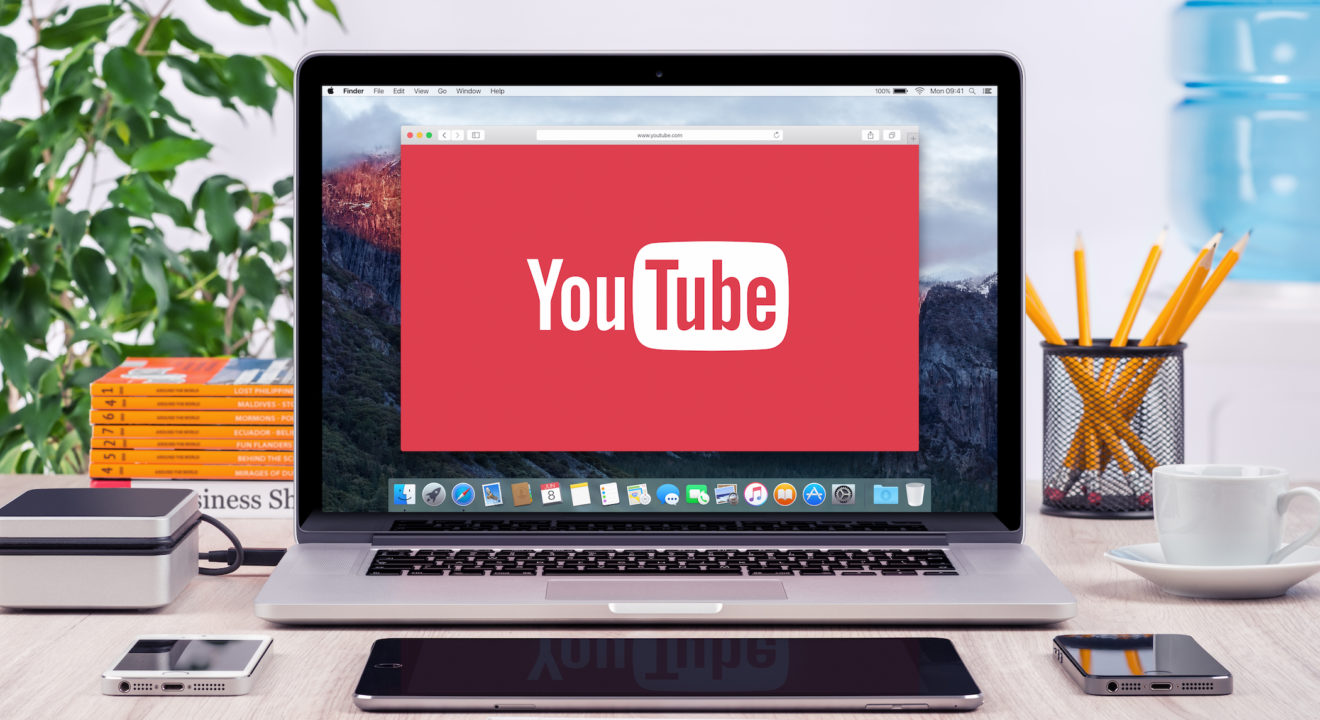Entertainment June 14, 2017


It pays to be on YouTube. Literally.
Some of the top YouTubers currently have seven-figure salaries from making regular videos. Felix Kjellberg – or PewDiePie – has over 40 million subscribers and makes around $12 million a year. Lindsey Stirling, on the other hand, has over seven million subscribers and makes around $6 million a year.
From makeup gurus to comedians to talented musicians, growing an online brand sounds like the dream. But don’t ditch your day job just yet.
There’s a lot going on behind the scenes. Not only does high-quality production take a great deal of patience and commitment, YouTube is often an unsteady way to make a living. If you’re thinking of starting a career on YouTube, take these following factors into consideration first.
The one million mark is a big deal for serious YouTubers. Some of the most famous YouTube stars – including PewDiePie, Lilly Singh and Philip DeFranco – skyrocketed to fame after hitting that mark. However, one million doesn’t mean the same thing for every online personality.
However, one million doesn’t mean the same thing for every online personality.
As previously discussed, PewDiePie has reached such a high level of success that he makes around $12 million a year. But to another YouTube comedian, Olga Kay, the one million mark translates to only a couple thousand dollars.
In an interview with New York Times, Kay – who had just under one million subscribers when interviewed – revealed that she makes around $100,000 to $300,000 in gross earnings each year. This, however, isn’t how much money she gets to cash in.
Each week, she spends around $500 to $700 filming and editing the comedy skits that go on her channel. Then, YouTube takes around 45 percent of her yearly earnings. After that, the IRS also gets their share. And on top of all of those deductions, all other productions costs also have to be taken into account. At the end of the day, Kay only makes around $21,000 in net income from her videos. Because of this, she’s started branching out into other industries, using her online popularity to market and promote her products.
So essentially, the true worth of one million YouTube views isn’t about the number itself, it’s more about in how you use it. Truly successful YouTubers make the most out of their opportunities and combine their millions of views with things like affiliate marketing and sponsorships.
It honestly really just depends.
Being a YouTube creator means working from the ground up to create an online personality. You’ve got to be open-minded, resilient and dedicated to your craft in order to do this successfully.
You have to keep moving with the times. The reality of it is, practically anything related to online culture is temporary. Once-popular websites like Vine and DailyBooth come and go, and the same thing applies to YouTube personalities.
As currently popular YouTubers get older, they may not attract the same audience they did at the height of their YouTube popularity. So the real question to consider isn’t even about the money. Instead it’s: Can you keep up with the demands of your audience?